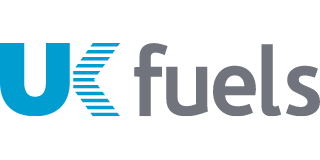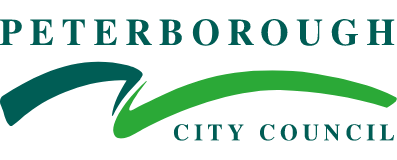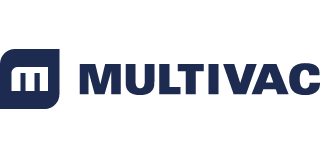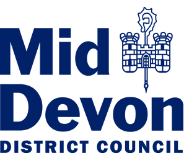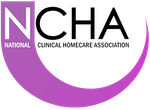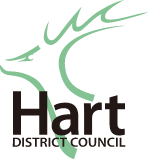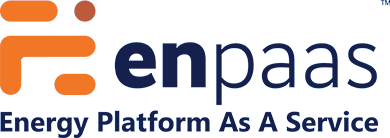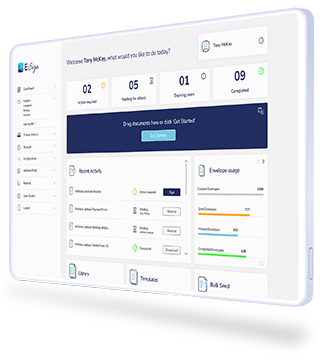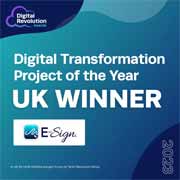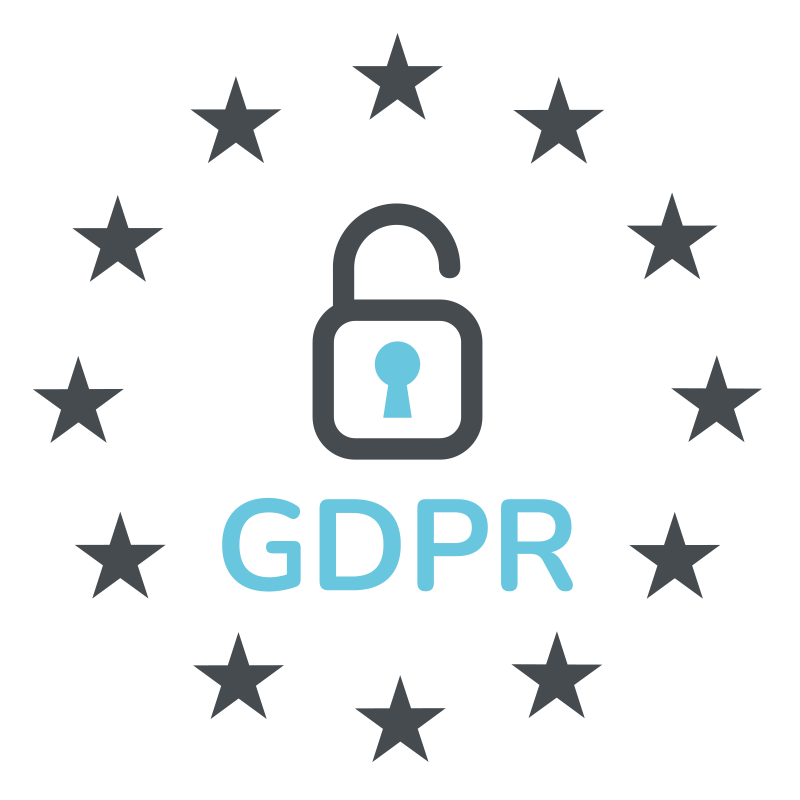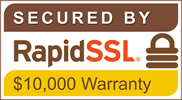The Legality of eSignatures in Sweden
Explore the legality of electronic signatures in Sweden and the laws and regulations that govern their use.
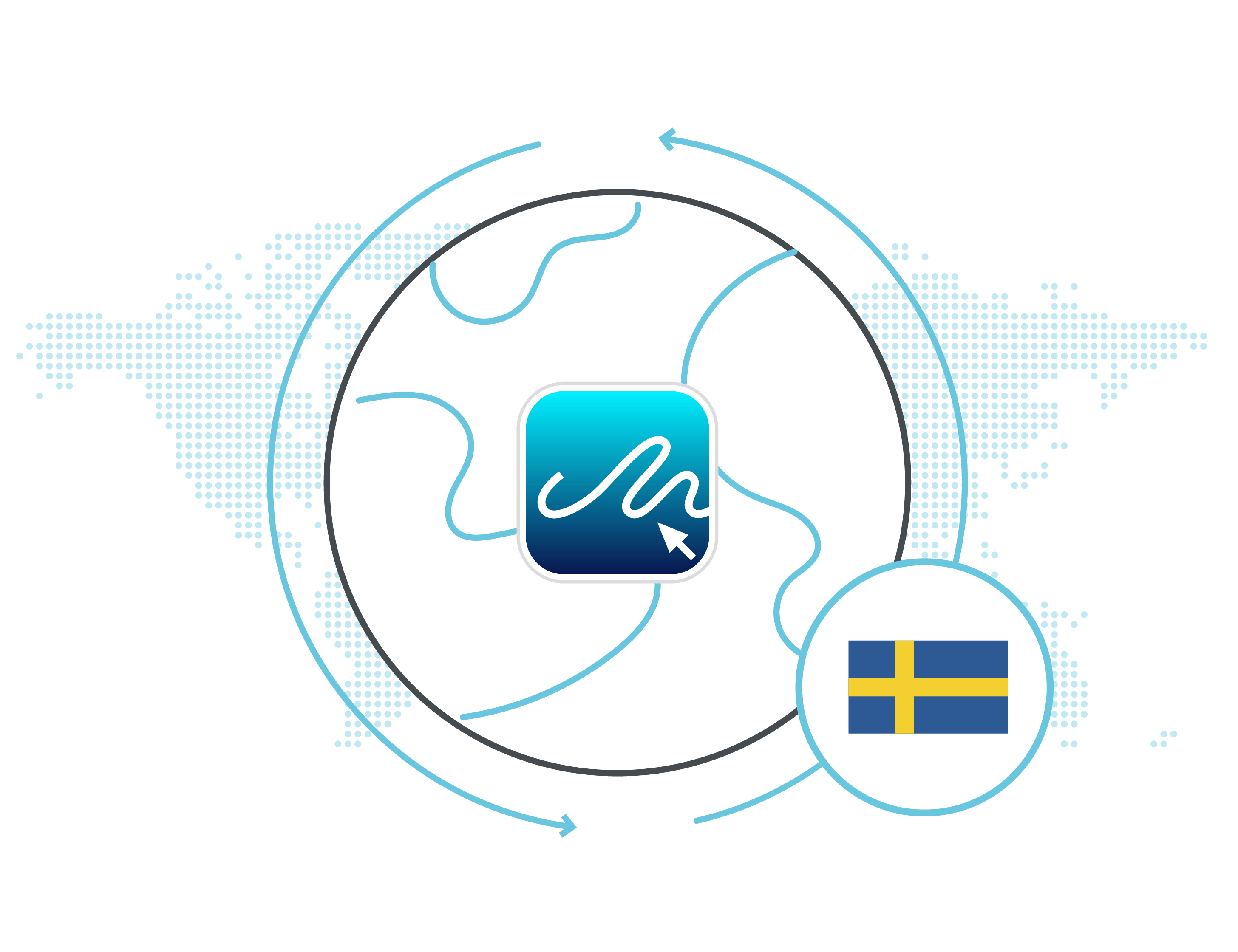
Trusted By
Are eSignatures Legally Binding in Sweden?
Documents that can be electronically signed
Document transactions where a simple electronic signature (SES) can be used include:
- Residential and commercial leases
- HR documents including regular employment contracts, privacy notices, NDAs, employee invention agreements etc
- Software license agreements
- Consumer agreements such as credit agreements, sales terms, new account opening documents, purchase orders and more
- Licenses of intellectual property
- Commercial agreements between corporate entities e.g., NDAs, order acknowledgements, invoices, purchase orders, sales agreements and other procurement documents
- Intangible property transfers
Some transactions may require a more secure type of signature such as an advanced electronic signature (AES) or a qualified electronic signature (QES):
- An electronic certificate – AES or QES
- An annual report in electronic form – AES or QES
- Electronic offers if demanded by the procuring entity – AES
- A record of revenues created electronically – AES
- A document which must be signed under the Auditing Act – AES or QES
- A required document for the seller to apply to the Debt Enforcement Authority for repossession of goods – AES or QES
- A document that must be signed under the Foundation Act – AES or QES
- Contracts to purchase or transfer real property – QES
- Contracts to purchase or transfer site leasehold rights – QES
- Summons applications in civil cases – QES
- And more
Documents that may not be electronically signed
There are some use cases where it is explicitly required that handwritten signatures are used or formal processes are in place that are not compatible with electronic signatures. These include:
- Signing of share certificates
- Employment termination notices
- Signing of issue certificates
- Some corporate documents including share certificates, issue certificates, and convertible instruments in the form of debenture or warrant certificates
- Testamentary documents
Types of e-signature permitted in Sweden
The eIDAS regulation defines an electronic signature as data in electronic form which is attached or logically associated with other data in electronic form and which is used by the signatory to sign. It distinguishes between three types of e-signature, simple, advanced, and qualified.
- Simple – the most basic form of e-signature that can be in the form of typing your name at the bottom of an email or checking an approval box. There are no specific security or identity verification requirements for a simple e-signature.
- Advanced – this type of signature is uniquely linked to the signer, can accurately identify the signer, is created using data that the signer can be confident is under their sole control and is linked to the data in a way that detects any subsequent changes that are made. Advanced electronic signatures are more secure than simple signatures and are legally binding in most use cases.
- Qualified – this type of signature is similar to advanced but has additional requirements providers must adhere to. They must be certified based on public keys that have been issued using proper technological means. This means that the identity verification process is multi-step, using both encrypted keys and two-factor authentication.
Sweden does not have a separate definition for electronic signatures outside of the one established by eIDAS.
Notable legality changes since 2020
None.
Publicly Accessible Links to Laws/Regulations Discussed
- Regulation (EU) No 910/2014 eIDAS
- Companies registration office information about the utilisation of e-signatures under the Companies Act
Disclaimer
The content provided on this website is meant for general informational use only and does not constitute legal advice. Legal regulations on this topic can evolve rapidly, so E-Sign does not ensure that the information presented here is always up-to-date or accurate. If you have particular legal concerns regarding any details on this site, it is recommended that you consult with a licensed attorney in your jurisdiction.
Last Updated 9th October 2024

